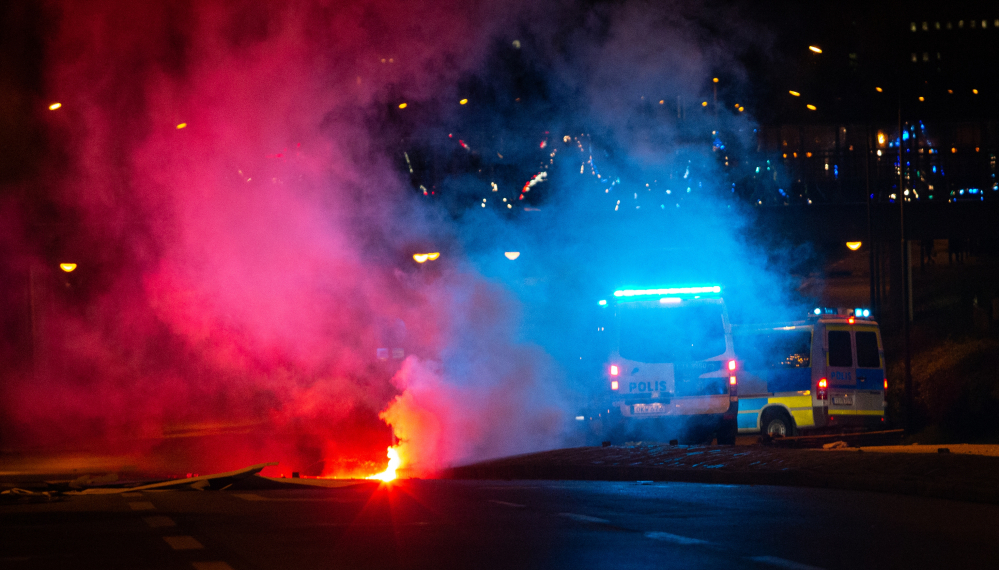• Crime: The impact of migration in Sweden has been most marked in relation to crime. Swedish newspapers now regularly report explosions and shootings – something that would have been scarcely believable a few decades ago. The transformation of the city of Malmö by criminal gangs has become a news story around the world. When it comes to extreme violence, according to official statistics, between 2013 and 2017 around two-thirds of murders, attempted murders and manslaughter offences in Sweden were committed by migrants or the children of migrants. Sweden has seen over 300 shootings per year since 2017. More shockingly, 2023 saw Sweden suffer nine times as many deadly shootings as Finland, Denmark and Norway put together. Despite the attempts by the Swedish authorities to blame poverty and social exclusion, the Swedish Crime Prevention Council in 2023 demonstrated: ‘Foreign-born individuals are 2.5 times more likely to be registered as suspected of a crime compared to those born in Sweden with both parents also born in Sweden. For people born in Sweden with two foreign-born parents, the likelihood is over three times higher than for those with Swedish-born parents.’
• Freedom: But crime is not the only symptom of runaway mass migration. Sweden has had a reputation for being a tolerant country committed to fundamental political and democratic freedoms. Yet, as a result of threats of violence from migrants and the concerns of elites about ‘inflaming’ tensions or ‘offending’ minorities, freedom of expression is now under serious threat in Sweden.
• Politics: Migration has also had a profound political impact on Swedish society. The different values of migrants, especially Muslim migrants, has created tension between Sweden’s official policies of multiculturalism and its adherence to progressive ideals around gender equality or the restricted role of religion in public life.
Underpinning these problems have been two dangerous political trends. The first is the official state policy of multiculturalism. This goes beyond tolerance for racial, cultural or religious difference and instead imposes a positive duty to preserve and entrench these differences. Difference and diversity have become values in and of themselves – and officially and unofficially, migrants have been encouraged not to adopt the values and customs of Swedish society. The result is that the social consensus that has underpinned Swedish society for decades has been ruptured. The second is the marginalisation of any critics of mass migration. At every turn, rather than treating criticism as part of legitimate political debate, the mainstream consensus on mass migration has punished and delegitimised critics. This has made a productive discussion about immigration almost impossible. Yet the critics of open borders have much to teach us. Revisiting some of them, especially early critics, provides important insight into what we can and should do today.
This report hopes to sound an alarm in Swedish and wider European society. Migration is not an automatic evil. But neither is it an automatic good. Instead, it is a social process which, like all social changes, requires careful handling. Simply ignoring the negative consequences of runaway migration is no longer an option. Instead, European society needs to change course before nothing recognisably European remains. The case of Sweden illustrates how a country can be transformed almost overnight. But even in Sweden it is not too late. Standing up for Swedish values, halting the uncontrolled flow of migrants, insisting on the benefits of social integration, and strengthening law and order are all possible and necessary.
Our parents or grandparents may not recognise the countries we have – consciously or not – remade under the policies of mass migration. But there is still time to ensure that our children and grandchildren inherit countries that preserve the legacy of their forefathers.
